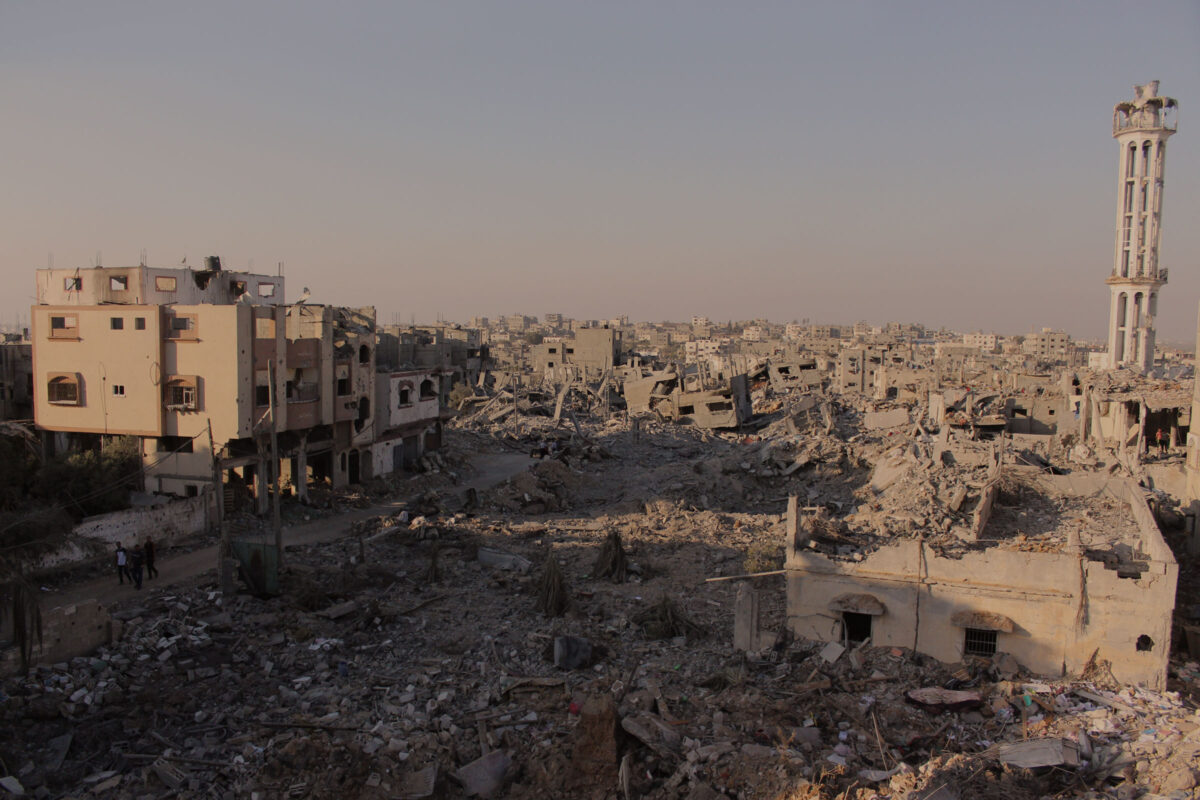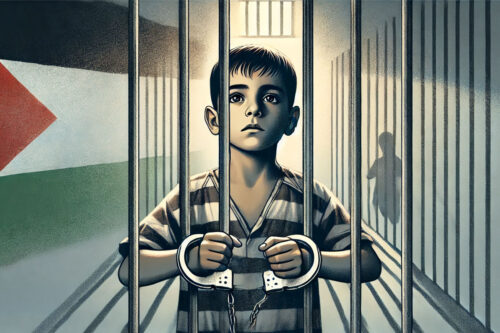Time to recognise and commemorate victims of Gaza genocide

On December 9th, the world marks the International Day to Commemorate and Dignify the Victims of Genocide. Established by the United Nations in 2017, it marks the day in 1948 when the United Nations General Assembly unanimously adopted the Convention on the Prevention and Punishment of the Crime of Genocide. The day serves as a global reminder of the need to prevent future genocides and to honor those who have suffered in atrocities throughout history. The day also calls upon governments and citizens alike to recognise and challenge the conditions that allow such crimes to occur, reaffirming a shared commitment to “Never Again.”
Yet, as we reflect on recent events in Gaza, we see that “Never Again” remains an unfulfilled promise.
This past year, Gaza has endured an extraordinary level of destruction, violence, and forced displacement. Thousands of Palestinians have been killed, countless homes and neighbourhoods destroyed, and entire communities forced to flee their homes in northern Gaza. Many are not allowed to return, despite the dangers they face in overcrowded and under-resourced shelters.
What Does the International Day to Commemorate Genocide Represent?
This day represents the international community’s commitment to honouring the victims of past genocides and preventing future atrocities. The UN defines genocide as acts committed with the intent to destroy, in whole or in part, a national, ethnic, racial, or religious group.
The systematic targeting of civilians, forced displacement, and intentional deprivation of basic needs all fit within the framework that demands accountability. It is a call to leaders to act and uphold justice, as well as a call to all of us to stand against the dehumanisation and mass suffering of any group.
Never Again was a promise to prevent atrocities, uphold justice, and protect the innocent. Yet, it is happening again in Gaza.
Why Gaza Deserves Recognition and Accountability
In Gaza, the scale of devastation over the past year is staggering. Tens of thousands have been injured, and families have been shattered. Critical infrastructure, including hospitals, schools, and homes, has been reduced to rubble. The blockade on Gaza, combined with forced displacements, has created an unlivable environment for over two million people. The situation is nothing short of a humanitarian crisis, with entire communities unable to access healthcare, clean water, or safe shelter.
Despite mounting evidence and calls from humanitarian organisations, many world leaders have refrained from classifying these acts as genocide. But as we witness the destruction and forced displacement of Gaza’s population, the international community must recognise the gravity of these actions. Accountability is the foundation of justice, and Gaza’s people deserve recognition for the immense suffering they have endured.
The UK’s Position and the Need for Urgent Action
Recently, the UK Foreign Secretary declined to classify the violence and destruction in Gaza as genocide, sparking widespread concern. Interpal and 37 other NGOs have called on the Foreign Secretary to clarify his understanding of genocide in light of the conditions in Gaza.
While thousands of innocent civilians have died, and hundreds of thousands are left displaced and stripped of their basic rights, the UK’s stance raises serious questions about the international community’s commitment to preventing and addressing potential genocides. You can read more about these calls for accountability and the Foreign Secretary’s response here.
On this International Day to Commemorate the Victims of Genocide, we encourage everyone to take action in support of justice and protection for Gaza. Here are some ways to make your voice heard:
- Contact Your MP: Write to your Member of Parliament, urging them to support an investigation into potential war crimes and genocide in Gaza. Demand that the UK uphold its obligations under the Genocide Convention to prevent and address such crimes.
- Sign Petitions: Join petitions that call for the UK government and international bodies to address the crisis in Gaza with the urgency and accountability it deserves.
- Share Information: Use your social media platforms to raise awareness about the humanitarian crisis in Gaza, sharing credible sources and information from organisations working on the ground.
- Support Humanitarian Efforts: Contribute to organisations providing aid to those affected in Gaza, and support campaigns that advocate for justice and protection for civilians.
Standing with Gaza means recognising the humanity of those who suffer and refusing to remain silent in the face of injustice. By taking action, we uphold the principles of compassion and accountability that this day represents.
#PalestineFacts
Calculate your Zakat
Confused about how to calculate your Zakat? Try our simple-to-use calculator

![Graffiti of Al Jazeera reporter Shireen Abu Akleh in Nazareth, who was killed by the Israeli military in 2022 [Davide Mauro / Wikimedia]](http://www.interpal.org/wp-content/uploads/2025/04/Graffiti_of_Shireen_Abu_Akleh_in_Nazareth-500x333.jpg)
![A Shadow R1 spy aircraft operated by the UK's Royal Air Force, accused of supporting the genocide in Gaza [Jerry Gunner / Wikimedia]](http://www.interpal.org/wp-content/uploads/2025/04/1768px-Shadow_R1_5AC_Sqdn_RAF_Waddington_this_morning-e1745166357309-500x333.jpg)

